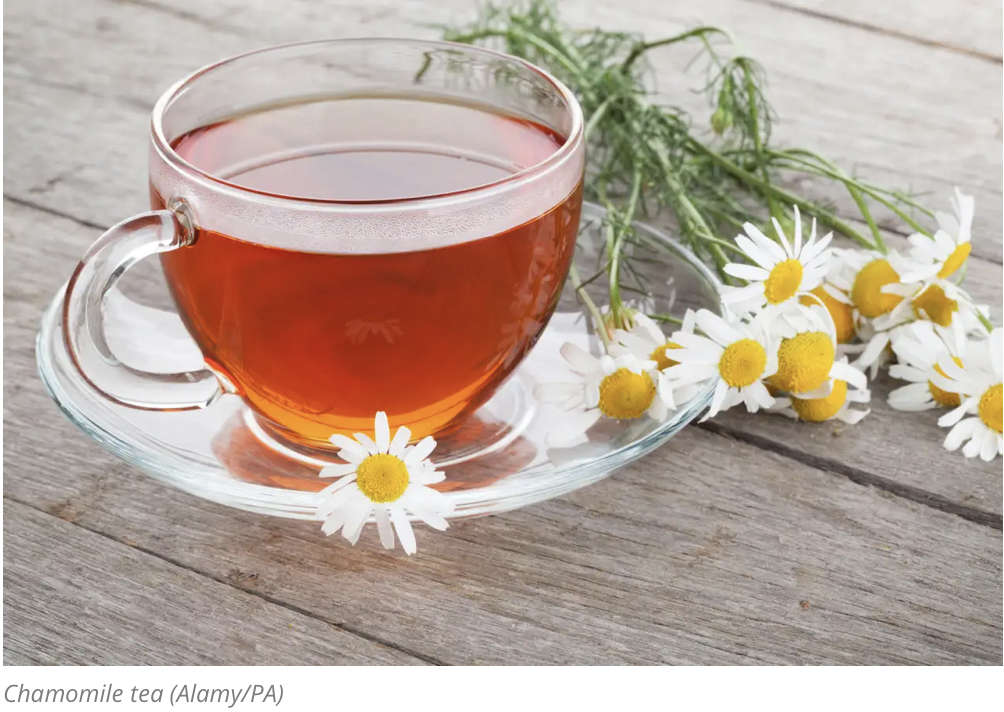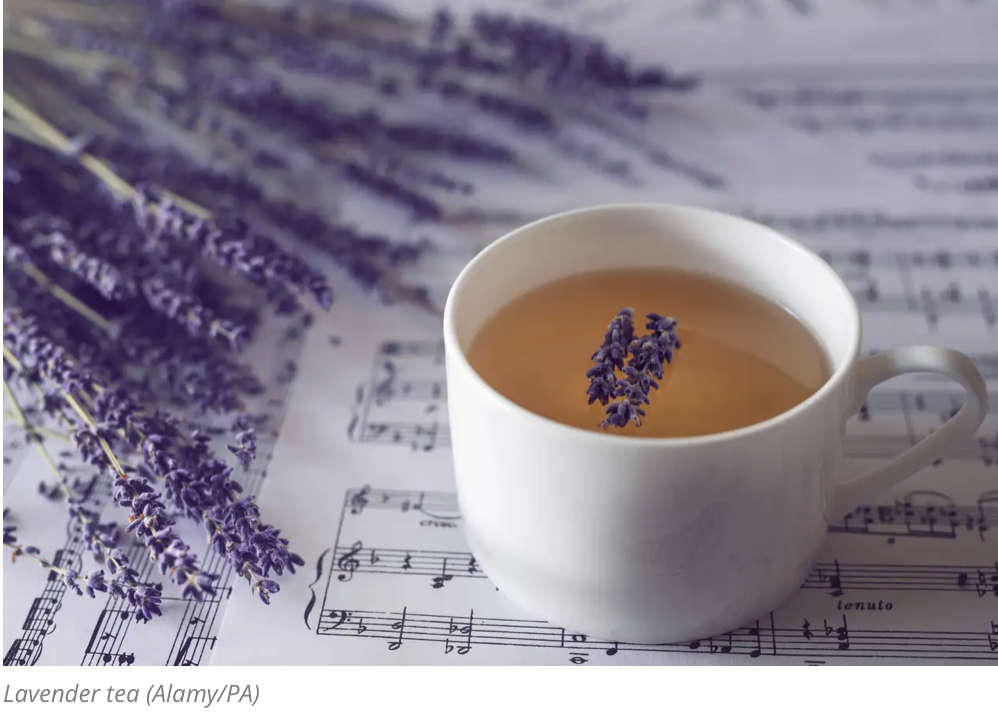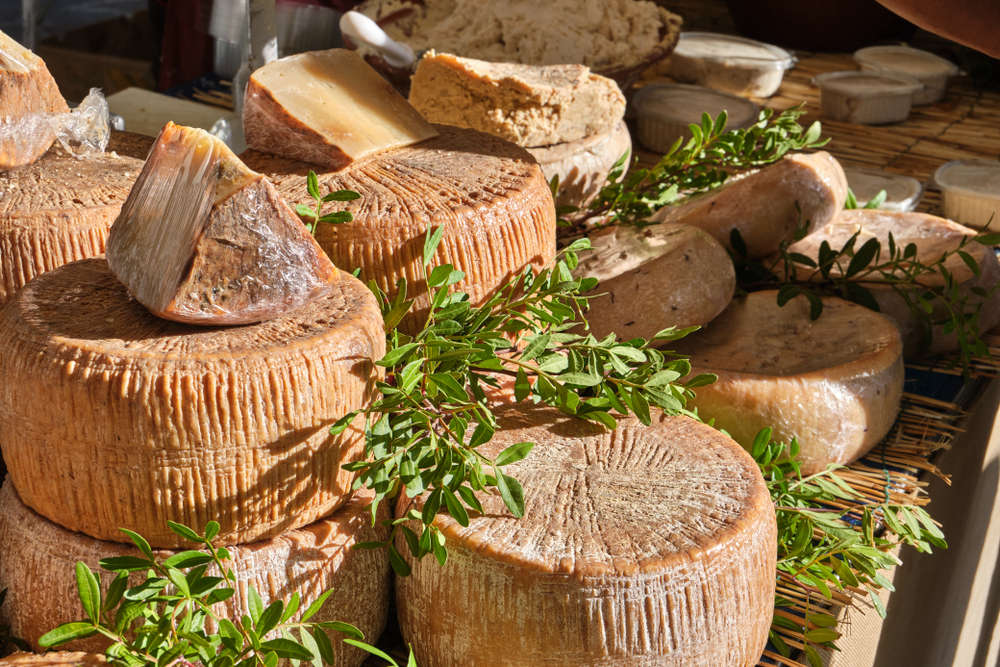
‘Sleep teas’ are all the rage right now, with many swapping their cappuccinos for chamomiles and their hot chocolates for a steaming lavender brew.
We’re talking herbal teas hailed for their soothing, sleep-inducing qualities, promising to help you drift off.
If you are a novice to the night-time tea trend, it can be hard to know where to begin though, and whether they even have any real benefits at all. We tapped up some tea experts to see what they think…
What is the science behind sleep teas?
Dr Tim Bond, a member of the Tea Advisory Panel and tutor at the UK Tea Academy, says tea contains thousands of different bioactive compounds, some of which are physiologically active and some of which have more of a psychological effect. “Tea is actually a rare source of an amino acid called L Theanine, which sort of has the opposite effect of caffeine,” explains Bond, “which is why people feel quite relaxed when making a cup of tea.”
Kitty McEntee, founder of sustainable wellness brand Lab Tonica which makes Unplugged Tea, says drinking tea affects how the body responds to heat too, which may also be a factor when it comes to sleep.
“When you fall asleep, your body will drop between two and four degrees. When you drink a hot tea, even in the summer, what that does is it kind of kick-starts your internal thermometer and helps by producing natural perpetration to cool you down. In the winter, it starts to warm your body up to the correct temperature and helps with circulation. It helps the blood pump quicker and oxygenate your hands and feet, which could be one of the biggest problems in he colder months for getting to sleep for people,” adds McEntee.
What ingredients we should look out for?

McEntee says there’s a “multitude” of reasons why people may struggle to fall asleep, which may include backpain from working on a laptop regularly, indigestion from eating too late, or not being able to switch off, which she refers to as “monkey mind”. For each of these factors, there will be different herbs that would be most appropriate, and so it might be best to go for a herbal tea with a mix of herbs.
Look for ingredients like passionflower, which is a gentle sedative, skullcap and lemon balm, she suggests, which “act on the brain and the nervous system to shut off an overactive brain”. Another classic soothing choice is chamomile, which is said to help reduce overactive spasms in the body and help with digestion.

McEntee also says lavender is one of the best herbs for a sleep tea, as “it has a little bit of everything”. It has sedative properties so helps calm the brain, it’s also believed to have analgesic effects, meaning it helps with pain or discomfort, and it is a nervine – “it works on the nervous system to get rid of feelings of anxiety,” McEntree explains.
Phil Lawlor, a sleep Expert at Dormeo, believes green tea is a good shout for those who are looking for a sleep aid as it contains theanine, an amino acid which reduces stress and comes in a variety of flavours to please even the most pickiest. He also suggests peppermint tea, as it can “relieve stomach problems and aid digestion”, plus “the taste and smell ease stress”. Make sure not too add sugar to your tea though, as that might “promote wakefulness”.
How can you maximise the benefits of sleep tea?
Bond says drinking tea regularly is best: “The body is constantly breaking things down that it absorbs, so actually having something regularly is going to be the best way of getting those health impacts communicated constantly to your body.”
Lawlor suggests preparing and drinking tea an hour before bed, to give it time to “work its magic” and minimise the chances of you having to disturb your kip to go to the toilet during the night.
If you are new to the world of herbal teas, McEntee says it’s important to try out your tea of choice five nights in a row, an hour before you plan on going to sleep, to fully examine how effective it is. “Keep the teabag in and never take it out,” she adds. And most importantly, don’t forget to switch off screens an hour before bedtime too!

 Five Incredible Spas Around the World
Five Incredible Spas Around the World
 Five Fab Wellbeing UK Destinations Ideal in January
Five Fab Wellbeing UK Destinations Ideal in January
 Five Weird Wellbeing Foods Around The World
Five Weird Wellbeing Foods Around The World
 Five Hilarious New Year's Resolutions Worth Trying
Five Hilarious New Year's Resolutions Worth Trying
 Five Alternative Christmas Dinners For Turkey Haters
Five Alternative Christmas Dinners For Turkey Haters